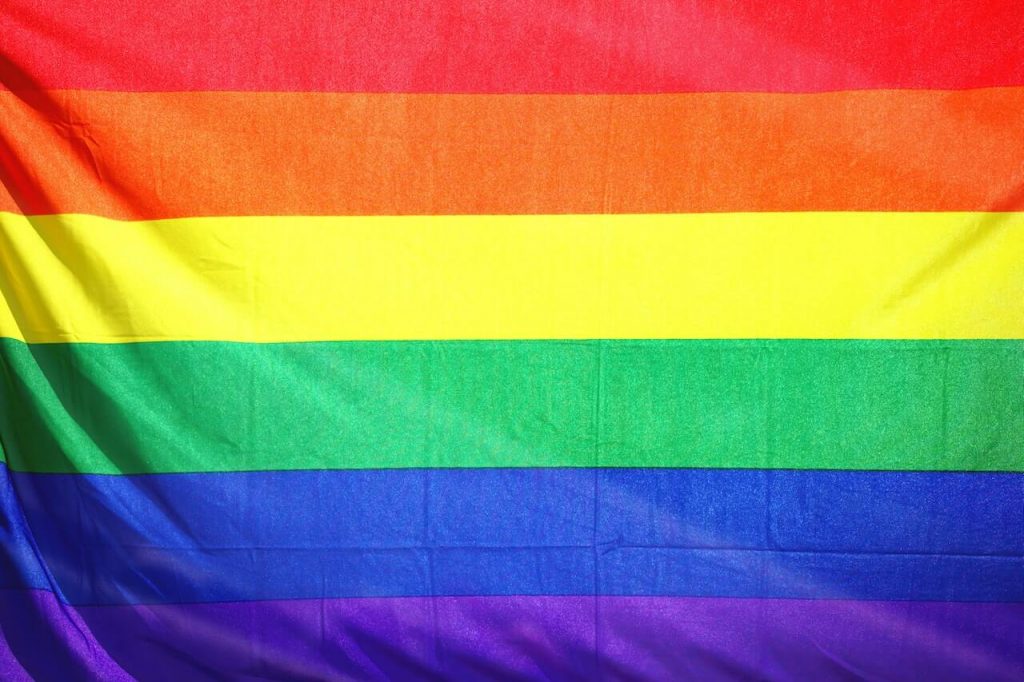In a rapidly evolving world marked by progress and growing recognition of diversity, the pursuit of equality and human rights transcends borders and takes on various forms. Within this context, one crucial area highlights the complexities and challenges in the realm of LGBTQ+ politics across nations. The experiences and struggles faced by lesbian, gay, bisexual, and transgender individuals differ significantly based on the countries they call home. This article aims to delve into a comprehensive comparative analysis of LGBTQ+ politics across nations, exploring the advances made, the persistent obstacles encountered, and the diverse strategies employed to shape a more inclusive and egalitarian society.
Understanding the Global Landscape of LGBTQ+ Politics
In a rapidly changing world, the fight for equality and human rights transcends borders and takes on various forms. One area where this struggle is particularly visible is in LGBTQ+ politics across nations. The experiences and challenges faced by LGBTQ+ individuals differ significantly depending on the country they call home. This article delves into a comparative analysis of LGBTQ+ politics across nations, exploring the progress made, the lingering challenges, and the paths taken toward shaping a more inclusive and equal society.
Paths to Progress

The global landscape of LGBTQ+ politics is complex and diverse. In several countries, significant progress has been made in recognizing and protecting the rights of LGBTQ+ individuals. Same-sex marriage has been legalized, anti-discrimination laws have been implemented, and efforts to promote inclusivity have taken root. However, challenges still persist, with social acceptance lagging behind legal advancements.
Cultural and religious influences shape the landscape of LGBTQ+ politics in other nations. Traditional attitudes and conservative interpretations of religious texts can hinder progress, leading to the existence of discriminatory laws and hostile environments for LGBTQ+ individuals. Navigating these barriers requires delicate dialogue and advocacy.
Tragically, in some parts of the world, being LGBTQ+ is still considered a crime. Discriminatory laws and harsh penalties threaten the safety and well-being of individuals based on their sexual orientation or gender identity. International organizations play a vital role in raising awareness and fighting for the rights of LGBTQ+ individuals in these nations.
Education and Cultural Shifts
Paths to progress in LGBTQ+ politics involve various strategies and approaches. Grassroots activism has been instrumental in driving change from the ground up. LGBTQ+ activists and organizations raise awareness, challenge discriminatory laws, and foster community support. Their tireless work sparks conversations and inspires progress at both local and national levels.
International collaboration is crucial, as the struggle for LGBTQ+ rights is global in nature. Organizations such as the United Nations, Amnesty International, and Human Rights Watch work in solidarity with local activists, providing support, resources, and a platform to amplify their voices. This collaboration helps shed light on the challenges faced by LGBTQ+ individuals and holds governments accountable for human rights violations.
Legal frameworks also play a significant role in shaping LGBTQ+ politics across nations. Progressive legislation not only protects the rights of LGBTQ+ individuals but also sets a precedent for societal acceptance. Marriage equality, anti-discrimination laws, and gender recognition policies contribute to creating a more inclusive and equal society.
Overcoming challenges in LGBTQ+ politics requires education and cultural shifts. Inclusive education plays a crucial role in nurturing acceptance from a young age. By incorporating inclusive principles into school curricula, understanding and acceptance of diverse sexual orientations and gender identities can be fostered. Creating safe spaces and teaching empathy are vital in ensuring future generations grow up with a greater appreciation for equality and diversity.
In conclusion,
The comparative analysis of LGBTQ+ politics across nations reveals a rich tapestry of progress, challenges, and varied approaches. While some countries have achieved significant milestones toward equality, others grapple with discriminatory laws and inhospitable environments for LGBTQ+ individuals. Grassroots activism, international collaboration, and the implementation of progressive legal frameworks all contribute to shaping a more inclusive society. Education and cultural shifts play pivotal roles in challenging societal norms, breaking stereotypes, and fostering empathy.
As we continue to navigate the ongoing journey toward equality and human rights, it is imperative to understand and learn from the experiences of LGBTQ+ individuals worldwide. By working together, locally and globally, we can shape a future where every individual, regardless of their sexual orientation or gender identity, can live with dignity, respect, and equal rights.